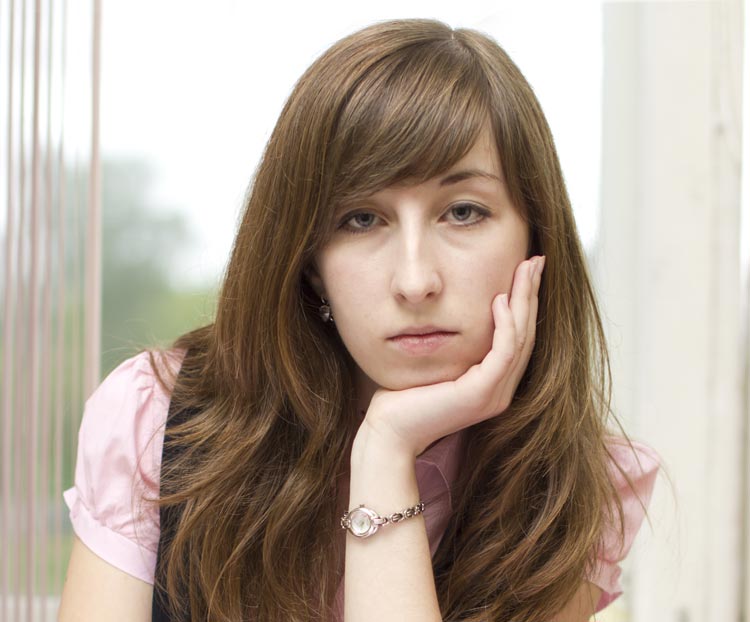Relaxation
Relaxation is a state of calmness and tranquility that enables individuals to reduce stress, anxiety, and tension. It is a natural and essential process that helps people maintain physical, emotional, and mental well-being. Relaxation techniques are effective ways to alleviate stress, promote relaxation, and achieve a peaceful state of mind.
Effects
The effects of relaxation on individuals can be profound, affecting both the mind and body. It can help reduce the risk of heart disease, lower blood pressure, improve sleep quality, enhance immune function, and increase feelings of well-being. Relaxation techniques can also help to improve cognitive function, reduce depression and anxiety symptoms, and increase overall quality of life.
Relaxation Techniques
There are various techniques that can enable relaxation, including deep breathing, meditation, progressive muscle relaxation, visualization, and guided imagery. Deep breathing is a simple and effective technique that involves inhaling slowly through the nose and exhaling slowly through the mouth. It can be done anywhere and at any time and is an excellent way to reduce stress and promote relaxation.
Meditation
Meditation is another effective relaxation technique that involves focusing attention on a specific object, word, or thought. It can be done in various forms, such as mindfulness meditation, transcendental meditation, and loving-kindness meditation. Research has shown that meditation can reduce stress, improve sleep, and enhance overall well-being.
PMR
Progressive muscle relaxation is a technique that involves tensing and relaxing specific muscle groups in the body. This technique can help individuals become more aware of their physical sensations and promote a sense of relaxation. Visualization and guided imagery are other relaxation techniques that involve imagining a peaceful and calming scene or situation, which can help individuals feel more relaxed and reduce stress levels.
The Brain
The process of relaxation affects various parts of the brain, including the prefrontal cortex, amygdala, and hippocampus. These brain regions play a critical role in emotional regulation, memory, and decision-making. During relaxation, the prefrontal cortex, which is responsible for decision-making and problem-solving, becomes less active, while the amygdala, which is responsible for emotional processing, becomes less reactive. As a result, individuals feel less anxious, stressed, and overwhelmed.
The Body
Relaxation also has significant effects on the body, including reducing heart rate, blood pressure, and muscle tension. It can also improve digestion, reduce inflammation, and enhance immune function. When individuals are in a relaxed state, their body produces less cortisol, a stress hormone that can contribute to various health problems, including heart disease, depression, and anxiety.

Psychology
Personal psychology can affect an individual's ability to relax. For example, individuals with high levels of anxiety or stress may find it challenging to relax, while those with a positive outlook on life and good coping skills may find it easier to relax. Engaging in relaxation techniques regularly can help individuals build resilience and develop coping skills to manage stress more effectively.

Hypnosis
Hypnosis is another technique that can help individuals achieve a relaxed state. Hypnosis is a process that involves inducing a trance-like state, where individuals are highly focused and suggestible. During hypnosis, individuals can access their subconscious mind and make positive changes in their behavior and thinking patterns. Hypnosis can be effective in reducing stress, anxiety, and pain, and improving sleep quality.

Importance
Relaxation is an essential process that can have significant benefits for physical, emotional, and mental well-being. Various techniques, including deep breathing, meditation, progressive muscle relaxation, visualization, and guided imagery, can enable relaxation. Relaxation affects various parts of the brain and body, reducing stress and improving overall health.